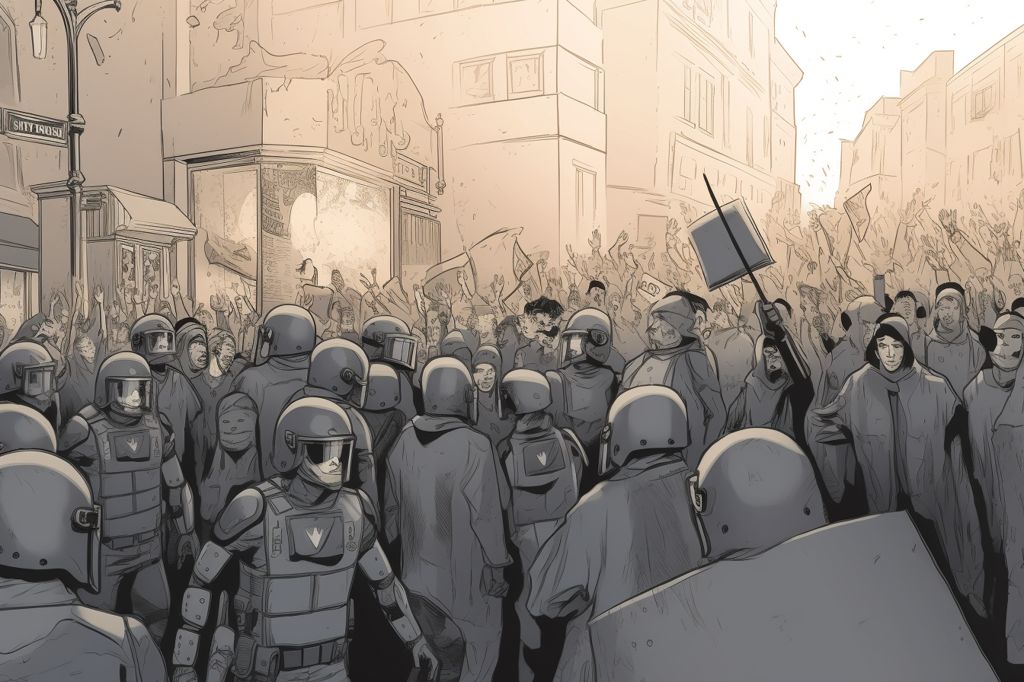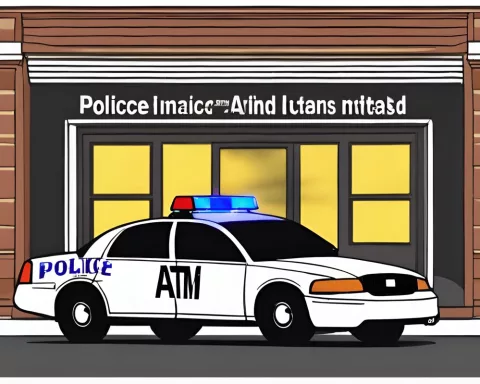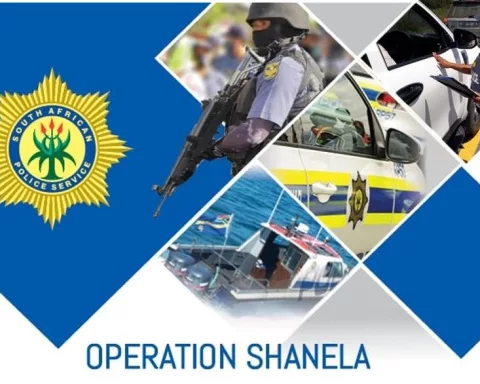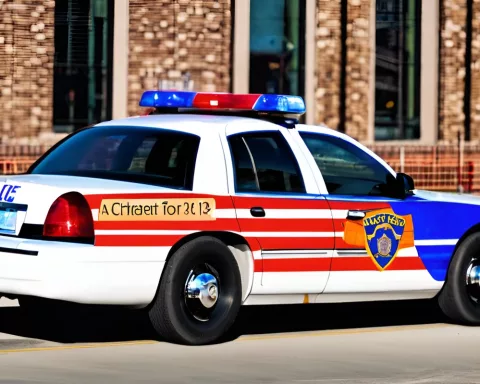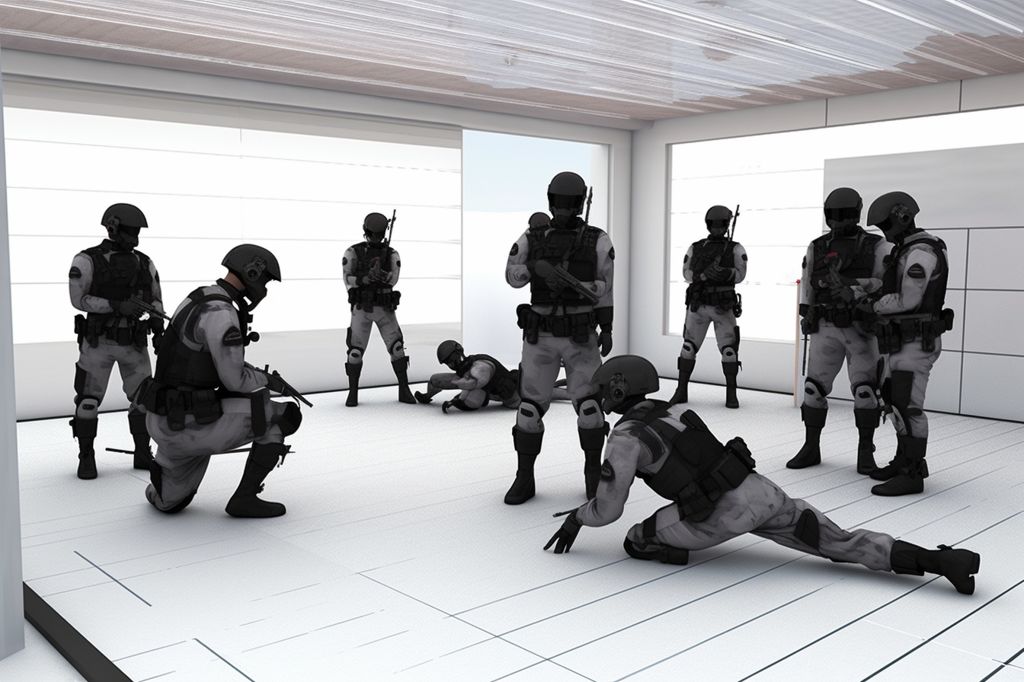Ensuring public safety is a top priority for any law enforcement agency. Unfortunately, the path to justice is sometimes obstructed by the very citizens that these agencies strive to protect. This article examines some of these incidents and the consequences that arise when citizens hinder law enforcement efforts.
The Incident in Sea Point
Last week, the city’s enforcement agencies made significant strides in tackling crime, with 296 arrests and 56,402 fines issued. However, they also faced a unique challenge when an unruly crowd attempted to prevent the arrest of two suspects. On May 5th, traffic officers in Sea Point were carrying out an operation when a taxi tried to avoid their checkpoint. As officers pursued and stopped the vehicle, the passengers and bystanders erupted into chaos.
Despite the volatile situation, officers managed to arrest the driver on charges of reckless and negligent driving. Additionally, they apprehended a bystander who threatened them, charging him with obstruction of justice. With the crowd banging on their patrol car, officers managed to leave the area with the two suspects.
Interfering with Law Enforcement
Unfortunately, this is not an isolated incident. In recent months, groups have stormed police stations to free suspects and even helped armed suspects escape while handcuffed. Such behavior is unacceptable and can carry legal consequences. Citizens should understand that their actions not only put the officers’ lives at risk but also jeopardize the safety of their community.
Alderman JP Smith, the City’s Mayoral Committee Member for Safety and Security, emphasizes the importance of supporting law enforcement agencies. He states, “We cannot be a society that decries the level of crime and violence, calling out for increased and more effective enforcement but then turns on those who are trying to do that very job.”
The Role of the Public
The cooperation and support of the public are essential for law enforcement to effectively carry out their duties. By obstructing the work of these officers, citizens not only face legal consequences but also hinder the overall goal of ensuring public safety.
In the past week alone, the City’s Traffic Service arrested 32 suspects for various charges, while the Law Enforcement Department made 179 arrests and issued 2,689 fines. Additionally, the Metro Police made 85 arrests and issued 4,103 notices for traffic and by-law transgressions. The Public Emergency Communication Centre (PECC) logged 2,002 incidents over the weekend, including assault cases, domestic violence incidents, and motor vehicle and pedestrian accidents.
Striking a Balance
In the quest for a safer society, it is crucial that citizens recognize the importance of law enforcement’s work and refrain from obstructing justice. By working together, the community and law enforcement agencies can create a safe environment for all citizens to enjoy. As such, it is vital to strike a balance between citizens’ rights and the need for effective law enforcement to maintain order and protect the public. To learn more about the importance of law enforcement and public cooperation, check out these resources:

